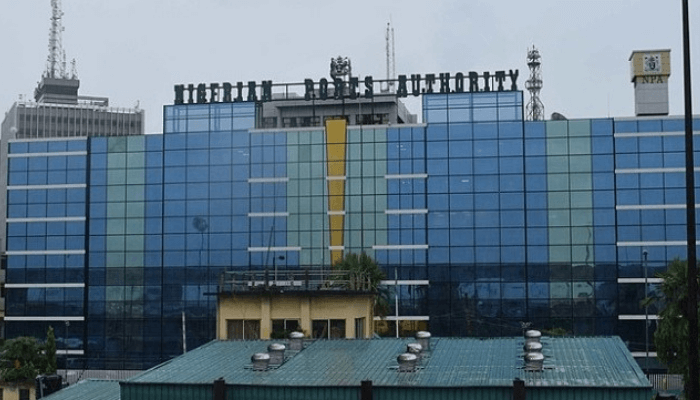Nigeria Ports Authority establishes Export Terminals to ease export process in Nigeria

The Nigeria Ports Authority (NPA) has announced the establishment of Export Process Terminals (EPTs) to streamline and simplify the process of exporting Nigerian goods.
This was disclosed by Mr Asuquo Okon, Principal Manager, Tariff and Billing at NPA, during the authority’s special day at the ongoing Enugu International Trade Fair in Enugu on Thursday.
Okon explained that the EPTs were designed to function as a one-stop-shop for cargo consolidation, stuffing, documentation, packaging, certification, and shipment via an electronic call-up system to the ports.
“The EPTs were conceptualised to serve as a one-stop-shop of cargo consolidation, stuffing, documentation, packaging, certification and onward shipment through electronic call-up of the Ports in quick turnaround time,” he said.
According to Okon, this intervention aims to remove bottlenecks and overlapping procedures that had previously made Nigerian exports less competitive globally.
“We are aggressively simplifying our export processes to enable made-in-Nigeria goods transit through our Ports as seamlessly as possible,” he stated
Export connectivity
To deepen trade participation across the country, Okon stated that the EPTs will be connected to Domestic Export Warehouses (DEWs) through collaboration with the Nigerian Export Promotion Council (NEPC) and other relevant stakeholders.
“To facilitate Port-hinterland connectivity and create pathways for Small and Medium Scale Enterprises (SMEs) to play in the ex value chain, the EPTs would be linked with Domestic Ex Warehouses (DEWs) in synergy with the NEPC and relevant partners.”
Okon emphasized that this approach aligns with the Federal Government’s ease of doing business initiative and the theme of this year’s fair — “Developing Nigeria’s Industrial Sector/SMEs for Economic Advancement and Global Recognition.”
Full automation
Highlighting ongoing reforms at the ports, Okon noted that NPA is working towards eliminating manual processes that encourage inefficiency and corruption.
“To achieve this, we are eliminating human interface which encourages underhand dealings by pursuing the full automation of our processes and procedures through the Ports Community System,” he said.
“As some of us are aware of our bid to contribute to the strengthening of the domestic economy through the promotion of balance of trade.”
He also invited businesses to take advantage of the simplified export platform, stating that the NPA was always open to partnerships beyond the fair.
“The manager, therefore, assured every stakeholder that its doors were always open for partnerships even beyond the trade fair.”
The President of ECCIMA, Mr Odeiga Jideonwo (represented by Mr Eric Chime), praised the NPA for supporting trade but raised concerns over persistent delays in cargo clearance for importers in the region. He urged the adoption of more proactive measures to resolve challenges in the maritime sector.







